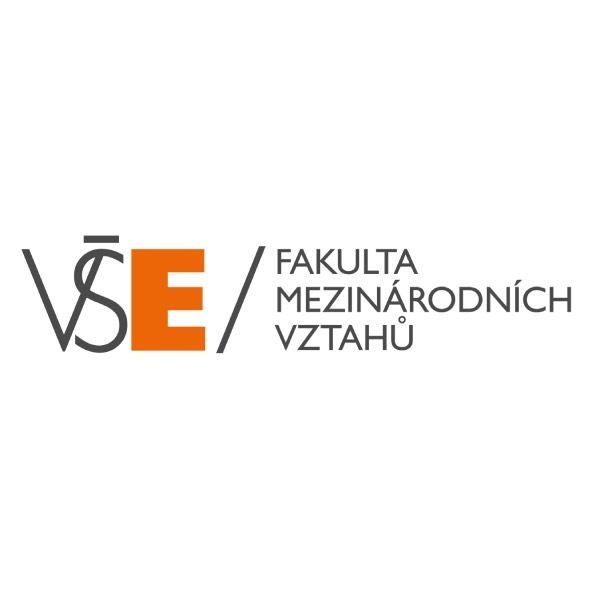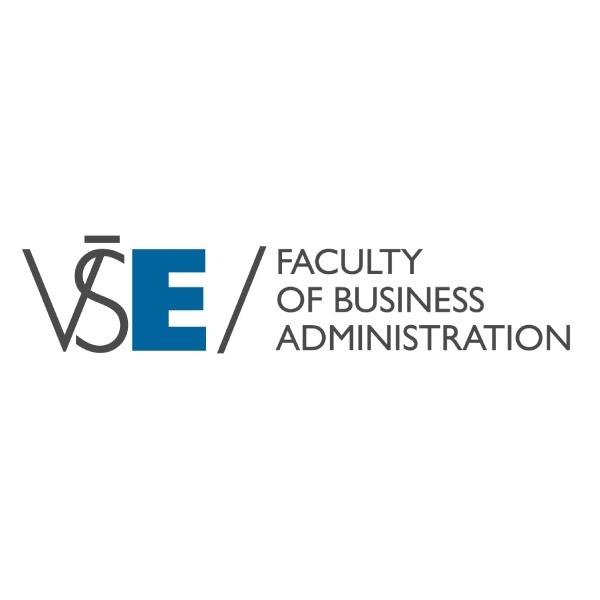Education
Sustainability knowledge and skills
We equip students in our accredited study programmes, i.e., future leaders of Czech business and public administration, with up-to-date knowledge, skills and competencies for leading, implementing and communicating green and digital transformation and their social context, emphasising economic and long-term implications.
We perceive the effective integration of sustainability into teaching and pedagogy in several dimensions:
- Learning about sustainability means that the subjects taught cover topics linked to the principles of sustainable development, with particular attention to the area of green and digital transformation at the knowledge
- Learning about sustainability is then seen as teaching that enables the acquisition of sustainability-related skills and challenges students to implement practical activities that positively impact sustainability (at VŠE, in a company, or in students’ lives).
- Developing a sustainability mindset is another leverage point that takes note of personal and collective thought patterns and attitudes.
In the combination of the above-mentioned approaches, we see an opportunity to create specialised programmes and courses on sustainability, integrate the topic into existing study programmes, and impact the entire student population of VŠE through extracurricular activities and connect students with lecturers from the ranks of relevant experts.
In our approach to the sustainable mindset, we are inspired by the concepts of the Inner Development Goals and the Sustainability Mindset Principles by Isabel Rimanoczy. To develop practice-oriented learning, we will draw on the methodology of the so-called Living Labs, which are well-proven in higher education. Living Labs are real-life test and experimentation environments that foster co-creation and open innovation among the main actors of the Quadruple Helix Model, namely: citizens, government, industry. As such, we will also support the development of professionally oriented study programmes in this area, in line with the strategic intent of VŠE.
Offer specialised study programmes and courses focused on sustainability
Measures
- Offer specialised study programmes directly focused on sustainability and set quantitative and qualitative indicators for up to 2030.
- Offer specialised courses and specialisations directly focused on sustainability and set quantitative and qualitative indicators for them by 2030.
- Create an analytical tool to identify courses that fully or partially address sustainability and map the sustainable mindset to support their development and the number of students taking them.
- Create opportunities for student engagement in addressing real sustainability challenges at the organisation’s level (university, business, NGO), household, community, municipality, region, and state.
- Develop collaboration with practice – offer regular lectures and workshops with sustainability practitioners to the university community (including alumni) during regular teaching and established innovation weeks.
- Create an electronic set of 25 case studies reflecting corporate, public and non-profit sustainability practices.
Build a sustainability mindset among all members of the academic community of VŠE
Measures
- Support the development of a sustainable mindset in all students and staff of VŠE through the creation of 30 optional modules in the LMS.
- Foster a sustainable mindset among a pilot group of 30 teachers and 30 students through workshops.
Integrate sustainability into the measurement of learning outcomes (AOL)
Measures
- Develop an appropriate survey instrument that measures student progress in sustainability competencies to facilitate AOL measurement in Ethics and Sustainability.
Credibility and leadership
VŠE is a popular institution for the topic of sustainability among both applicants to accredited study programmes and those interested in executive education. Educators at VŠE have both content and methodological support. Sustainability is part of the University’s ethos; VŠE sets an example for its students.
Promote the knowledge and competencies of VŠE teachers in the field of sustainability
Measures
- Incorporate into existing internal communications informing educators about quality sustainability education offerings (internally and externally).
- Pilot test the model of a “sustainability award” for educators for leadership and contribution to sustainability at VŠE. Verify the contribution in terms of good PR practice.
- Set up a collaborative group of educators – internal sustainability experts – within talent management and enable sharing of experience and joint learning, e.g. with external experts.
- Embed sustainability in the corporate culture of VŠE: create and pilot a training module mandatory for all VŠE employees.
- Revise the existing educator standard and add sustainability criteria to reflect, e.g. a long-term, evidence-based approach, project-based learning on real cases, locally embedded, inclusive, participatory, etc.
- Create digital methodological support and a shared e-library of resources relevant to sustainability, provide one-to-one consultation for teachers to enhance sustainability in teaching and research (mentoring/coaching).
Attract those interested in executive education in the field of sustainability to VŠE
Measures
- Devise new executive education (CŽV) programmes in the field of sustainability and use them to promote VŠE’s sustainability-related
- Establish new strategic partnerships with companies, the public sector and non-profit organisations to develop executive education and conferences at VŠE.
Increase information about sustainability in VŠE’s communications to the general public
Measures
- Develop volunteer activities within VŠE: pilot a volunteer day model meaningfully linked to teaching.
- Suggest ways to activate the university community in sustainability-focused extracurricular activities on campus, e.g. European campaigns such as the European Week for Sustainable Development and international programmes such as EcoCampus.
New sustainability programs

Green Transition and European Competitiveness
A professionally oriented program that offers a number of unique features such as:
- Combination of EU policy-oriented knowledge with an emphasis on green transformation
- Involvement of experienced professionals from the private and public sectors in teaching
- Modern teaching methods introduced in unique courses taught mainly in English

Master in Sustainability Management
The progrem is a participant in the CFA Institute’s Certificate in ESG Investing Recognition Program. The SUM programme recognizes essential topics from the Certificate in ESG Investing from CFA Institute. This professional certificate offers both practical application and technical knowledge in the field of ESG investing.